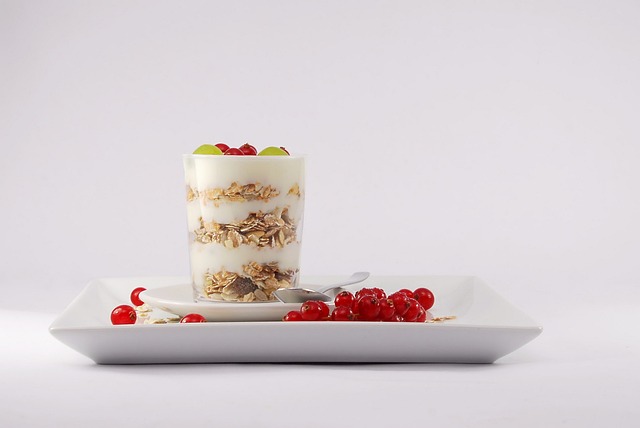Probiotics are live bacteria and yeasts that are beneficial for our digestive system. They are found naturally in our gut, but can also be taken through supplements or foods high in probiotics. The human gut is home to millions of microorganisms, collectively known as the microbiome. This microbiome plays an essential role in our overall health and well-being, from immune function to mental health. In this blog post, we will explore the power of probiotics and how they can transform your gut health.
What Are Probiotics?
Probiotics are live microorganisms that can promote a healthy balance of bacteria in your gastrointestinal tract. They are often referred to as “good” bacteria because they help keep your gut and immune system healthy. Probiotics can be found in a variety of foods and supplements, including yogurt, kefir, sauerkraut, kimchi, and kombucha.
The Benefits of Probiotics
Probiotics have been linked to several health benefits, including:
- Improved Digestion: Probiotics can help break down food and absorb nutrients, reducing the risk of digestive issues such as constipation, diarrhea, and bloating.
- Boosted Immune System: The gut and immune system are closely linked, and probiotics can help strengthen the immune system by promoting the growth of beneficial bacteria.
- Better Mental Health: The gut is often called the “second brain” because of its impact on mental health. Probiotics can help reduce symptoms of anxiety, depression, and stress.
- Reduced Risk of Chronic Disease: Probiotics can help reduce inflammation in the body, which is linked to a lower risk of chronic diseases such as heart disease, diabetes, and cancer.
Choosing the Right Probiotics
When choosing a probiotic, there are several factors to consider:
- Strain Diversity: Look for a probiotic supplement that contains a variety of strains, as each strain of bacteria has unique health benefits.
- CFUs: CFUs, or colony-forming units, are a measure of the amount of live bacteria in a probiotic supplement. Look for a supplement with at least 10 billion CFUs per serving.
- Survivability: Probiotics need to be able to survive stomach acid and reach the intestines in order to be effective. Look for a supplement that contains strains with a documented survivability rate.
Adding Probiotics to Your Diet
There are several ways to add probiotics to your diet:
- Eat Fermented Foods: Fermented foods such as yogurt, kefir, sauerkraut, kimchi, and kombucha are all high in probiotics.
- Take a Probiotic Supplement: Probiotic supplements are available in capsule, tablet, and powder form.
- Prebiotic Foods: Prebiotics are non-digestible foods that promote the growth and activity of probiotics in the gut. Foods high in prebiotics include bananas, asparagus, garlic, onions, and whole grains.
Conclusion
Probiotics are a powerful tool for improving gut health and overall well-being. By promoting a healthy balance of bacteria in the gut, probiotics can improve digestion, boost the immune system, reduce chronic inflammation, and even improve mental health. When choosing a probiotic supplement, look for one with a variety of strains, at least 10 billion CFUs per serving, and documented survivability. By incorporating probiotic-rich foods and supplements into your diet, you can transform your gut health and optimize your overall health and wellness.







